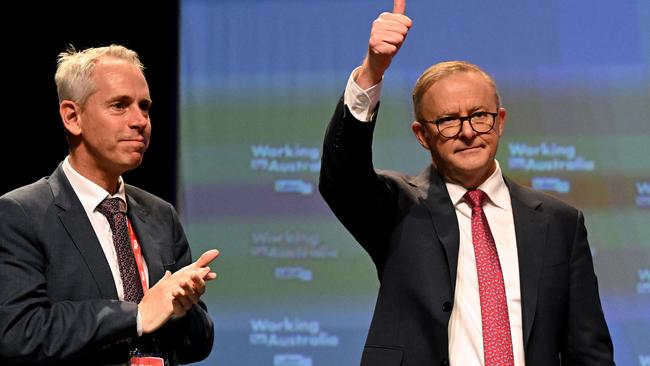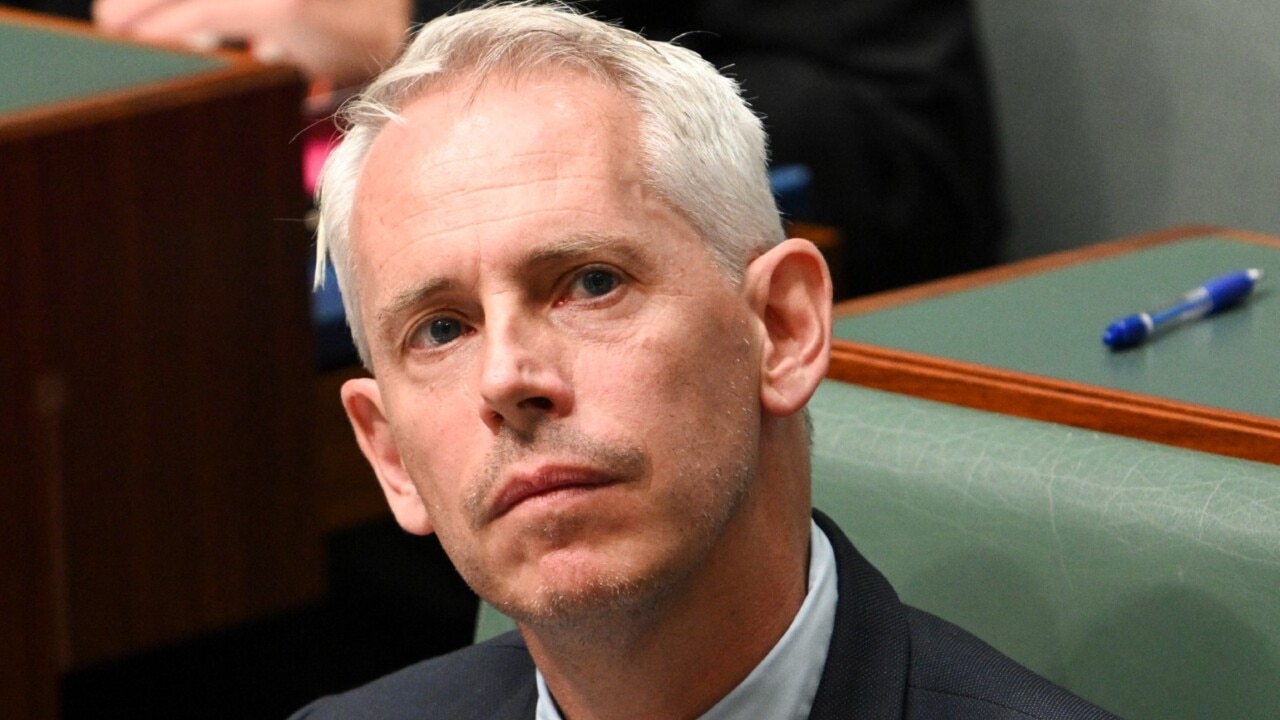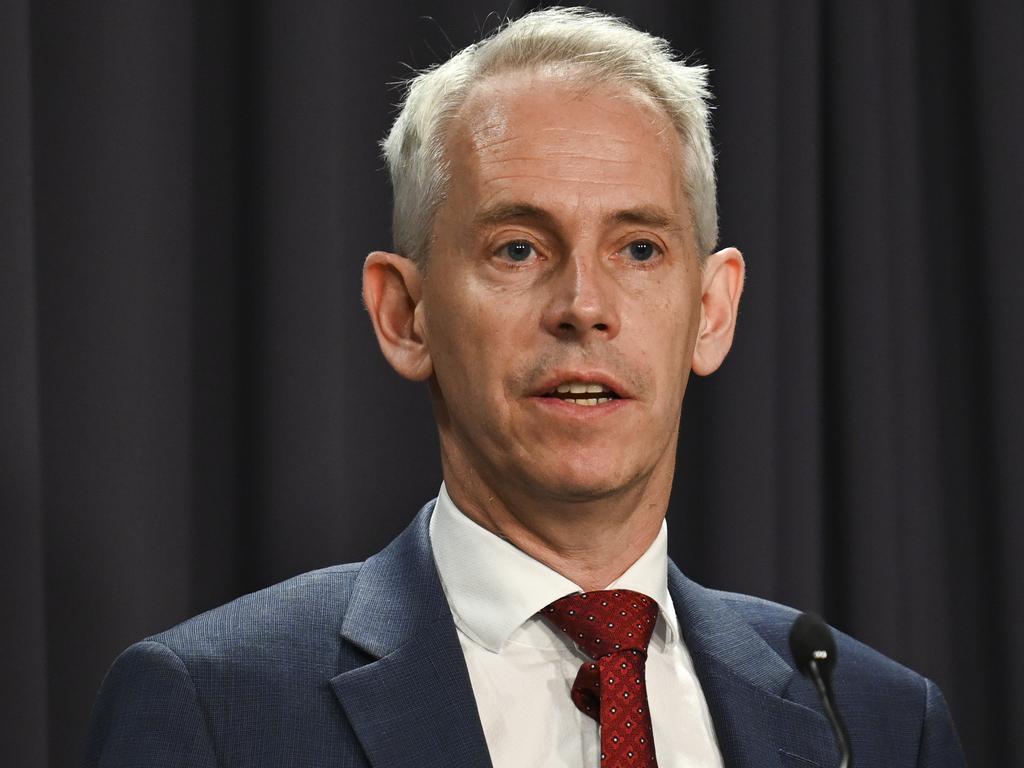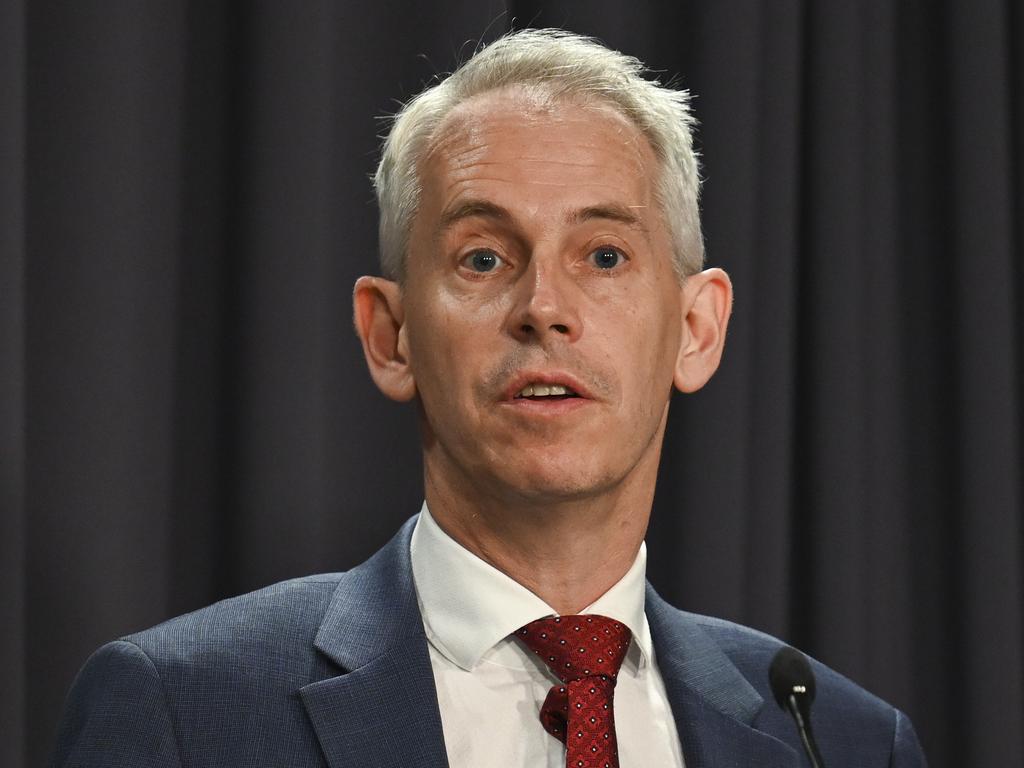
But, typically, it’s too little, too late, likely to raise even more questions and won’t reassure an increasingly anxious public about the release of convicted rapists, murderers and pedophiles – some of whom have committed new offences.
The Prime Minister has forced the Immigration Minister to rewrite the now infamous Direction 99 and “ensure that the protection of the community outweighs any other consideration” rather than make it easier for criminal non-citizens to be released into the community because of connections to Australia.
Giles confirmed a direction would guide all government decisions and would “strengthen the principles of community safety”.
On Wednesday morning Home Affairs Minister Clare O’Neil was still defending Giles as a “diligent minister” and arguing that there hadn’t been a ministerial error. Just hours later Albanese announced in parliament the ministerial direction would be rescinded and rewritten.
But, it’s not enough. It’s an admission of failure, a rejection of all Labor’s absurd arguments about who is to blame for the release of non-citizen criminals into the community and concedes the inherent error in Giles’ own direction.
Giles deserves to go in one form or another in the interest of the Albanese government if for not any other reason. Border protection fears – the great nemesis of the ALP – are rising again in the community.
For months Giles has been unable to answer questions, hasn’t been able to give assurances about community safety and offered illogical and paper-thin arguments in his own defence.
Yet, Albanese’s belated intervention has demonstrated the failure of Giles, the error of his ways and shredded his defences.

Even in the face of Albanese’s action Giles refuses to accept he’s made a mistake, any mistake, and continues to refuse to offer any apology to any of the victims of violence and crimes stemming from the release of non-citizen criminals into the community.
It is typical of Giles’ refusal to take any responsibility and to blame everyone else: from his department for not telling him about decisions, the Administrative Appeals Tribunal for making wrong decisions he couldn’t influence, the High Court and, of course, Peter Dutton when he was immigration minister.
Of course, the other damaging revelation about the handling of visa appeals is that Giles’ Direction 99 was made long before the High Court decision last year led to the release of 149 convicted criminals.
This parade of ineptitude leading to violence in the community was all Giles’ own work long before his failure to deal with the High Court decision.
Giles has a long history of failure but a shorter future.








At last Anthony Albanese has acted to staunch the damage to Labor from the ineptitude and mistakes of Andrew Giles’ misadministration of immigration.